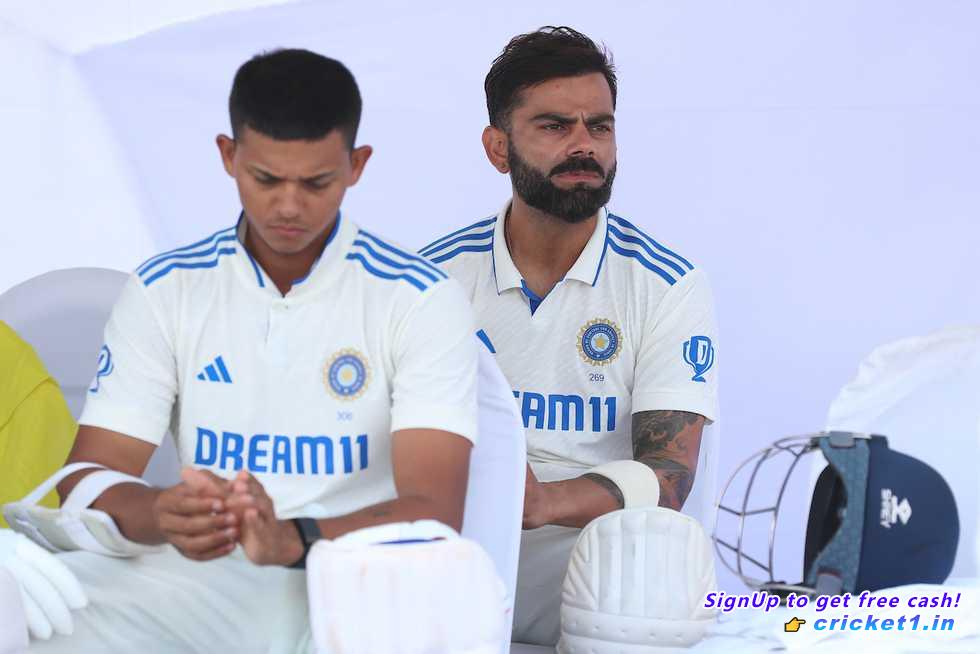
As the dust settles and the cricketing world begins to digest the unexpected events in Pune, both India and New Zealand are left to reflect on a series that defied all expectations. India’s otherwise invincible home record came to an unexpected halt against a New Zealand team that had not tasted such a level of success on Indian soil since 1955. This historic triumph for the New Zealand side came after they managed to win in this series the same number of games they had collectively won in twelve previous series combined. Fresh off a significant 0-2 series defeat to Sri Lanka and a change in leadership, New Zealand was missing their most seasoned batsman, Kane Williamson, due to injury. They faced an Indian team that had been leading the World Test Championship table and was on track for a third consecutive final.
For aficionados of cricket, this upset ranks among the top. As New Zealand’s captain, Tom Latham, grasped for words to put the victory into perspective, he acknowledged the gravity of the achievement. Just a week earlier, he had playfully admitted he would have chosen to bat first in Bengaluru too—a decision that cost India the first Test. Instead, he watched his bowlers dismiss India for their lowest home total, while a young batsman took charge against seasoned Indian spinners. New Zealand also overcame a valiant Indian fightback with the second new ball. This outcome alone deserves recognition as one of New Zealand’s most significant away Test victories.
Then came Pune, where conditions were vastly different from those grappled with in Bengaluru. The pitch was expected to start spinning from the first ball, presenting a formidable challenge for the visitors. Remarkably, New Zealand’s spin attack, less experienced than either of India’s seasoned bowlers Ashwin or Jadeja individually, outperformed their counterparts. Mitchell Santner delivered a standout performance, bowling with precision and variety that eclipsed Ashwin and Jadeja across both innings. New Zealand’s batsmen took a page out of India’s book by employing an aggressive style of shot-making, including frequent use of the sweep, which only further destabilized India’s experienced spinners. Latham again profited from winning the toss, but this time, it was India being defeated at their own game. If Bengaluru was a high point for New Zealand’s Test victories abroad, Pune surpassed it.
While the match may not have offered the thrilling climax akin to India’s victory at the Gabba, the accomplishment was equally momentous. Over recent years, New Zealand has developed a habit of overshadowing India at pivotal moments, such as the 2019 World Cup semi-final and the World Test Championship final in 2021.
. The team of 2024, considered to be in a transitional phase, might just signal the dawn of a new era for future New Zealand cricket greats.
Conversely, India now faces difficult questions for some of their senior players. Skippers like Virat Kohli and Rohit Sharma have little to show beyond half-centuries in Bengaluru. Ashwin experienced an uncharacteristically poor home series, shadowed by the promise of Washington Sundar making his mark. India too finds itself in transition, evident over the past two years with four home Test losses. Result-oriented pitches in the World Test Championship era have contributed to closing the gap between India and other teams, slowly diminishing their once formidable home advantage.
Rohit Sharma approached the conclusion of the Pune Test cautiously, defending his team amidst the disappointment. He pointed out, “Out of the 54 Test matches, we have won 42. That’s nearly 80% of the Test matches we have won. So, there are more good things that have happened than the bad. So, why linger on the negatives too much? Of course, it’s important to address it but not to overreact where team members start feeling different things are happening. We don’t want that pressure.”
He continued, “Losing a series here and there doesn’t negate our 12-year streak. We’ve accomplished significant things during that period. Just because this series is lost, it doesn’t mean we need drastic changes. However, we need strategies to bounce back from such situations.”
Twice now, in as many Tests, Sharma has had to assure a composed outlook amid tumult as he faced the media. India has announced their squad for the upcoming tour of Australia, where they will need wins in at least four out of five matches to secure a World Test Championship final berth unassisted. Achieving this, especially after what transpired in Pune, will indeed be a test in itself.

